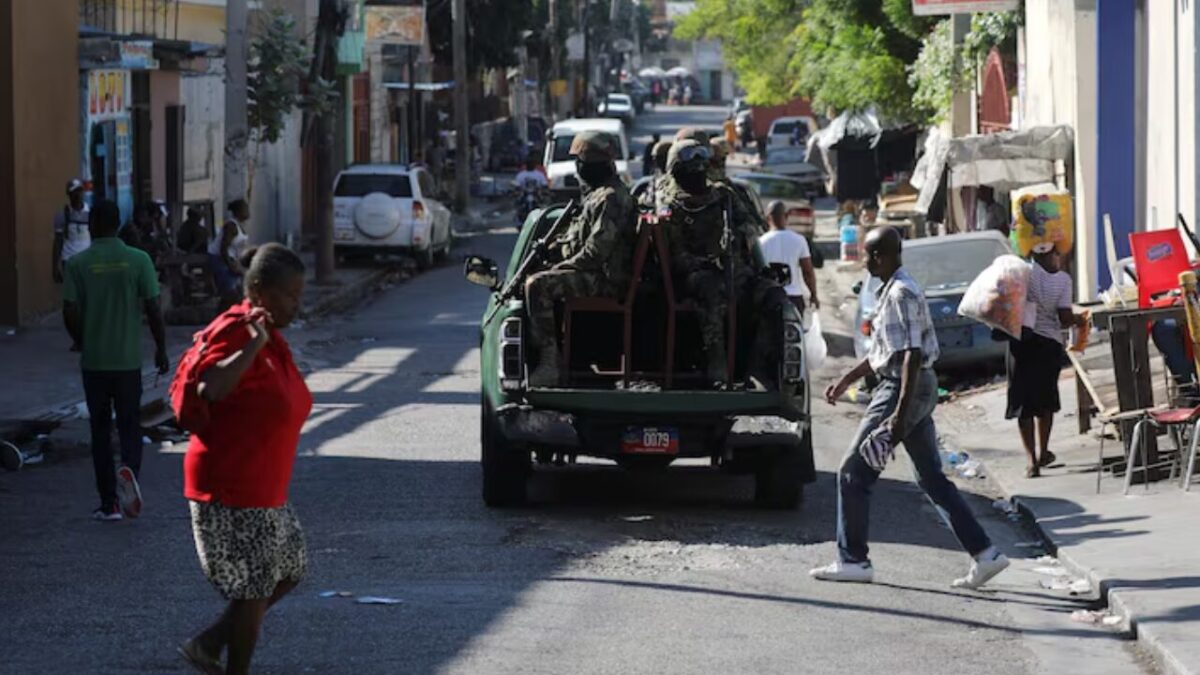Haiti’s Horror: UN reports almost 5,000 killed in gang violence since October 2024

In response to the growing insecurity, Kenya is leading a multinational team supporting the Haitian National Police (HNP), with assistance from countries such as Jamaica, the Bahamas, Bangladesh, Benin, and Chad.
Thousands have lost their lives and hundreds of thousands have been displaced in Haiti since October 2024, as gang violence continues to spiral, particularly in and around the capital, Port-au-Prince.
A report by the United Nations High Commissioner for Human Rights (OHCHR), released on Friday, paints a grim picture of a nation on the brink, with nearly 5,000 people killed in just nine months.
The violence, described as sharply worsening in recent months, is compounding an already dire humanitarian crisis and threatening to destabilise not only Haiti but the wider Caribbean region.
“Human rights abuses outside Port-au-Prince are intensifying in areas of the country where the presence of the State is extremely limited,” said Ulrika Richardson, the UN resident and humanitarian coordinator in Haiti. “The international community must strengthen its support to the authorities,” she added.
According to the OHCHR, a total of 4,864 people were killed between October 2024 and June 2025. Port-au-Prince and nearby areas recorded over 1,000 of those deaths as armed gangs gained ground across the country.
The growing influence of gangs has overwhelmed the Haitian National Police, disrupted the operations of international aid agencies, and displaced tens of thousands of families.
The violence has also forced critical healthcare facilities, including the University Hospital of Mirebalais, to shut down, putting additional pressure on Haiti's fragile health system.
In response to the growing insecurity, Kenya is leading a multinational team supporting the Haitian National Police (HNP), with assistance from countries such as Jamaica, the Bahamas, Bangladesh, Benin, and Chad.
Around 800 officers have been deployed to Port-au-Prince as part of the mission.
However, the multinational effort is suffering from a serious funding crisis. The mission, which relies on voluntary contributions from UN member states, took a major blow when former US President Donald Trump froze $13 million (Sh1.7 billion) that had already been allocated to the UN’s special fund for the operation.
Citing the worsening situation and financial strain, Haiti appealed to the UN Security Council in January to convert the Kenya-led mission into a full UN peacekeeping operation.
Brazil's President Inacio Lula da Silva has joined calls for urgent changes to the security arrangement. Speaking days after a visit from Prime Cabinet Secretary Musalia Mudavadi, Da Silva criticised the mission as weak and underfunded.
Mudavadi had asked Brazil to offer both financial and technical support to help restore peace and rebuild communities in Haiti.
President Da Silva echoed growing international concern, saying the UN must either boost funding and resources for the mission or transform it into a fully-fledged peacekeeping force.
